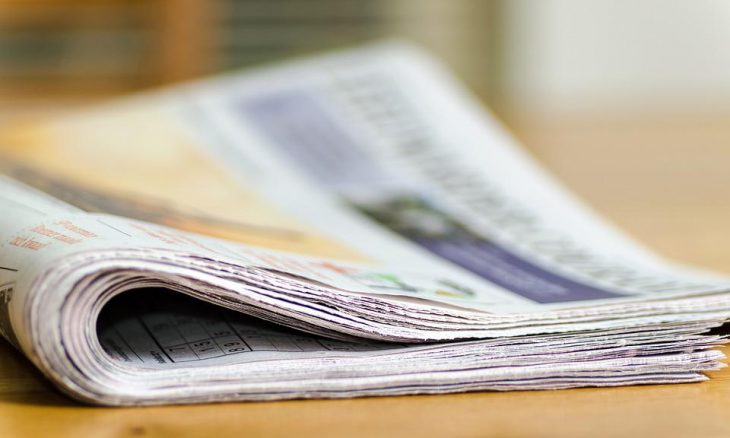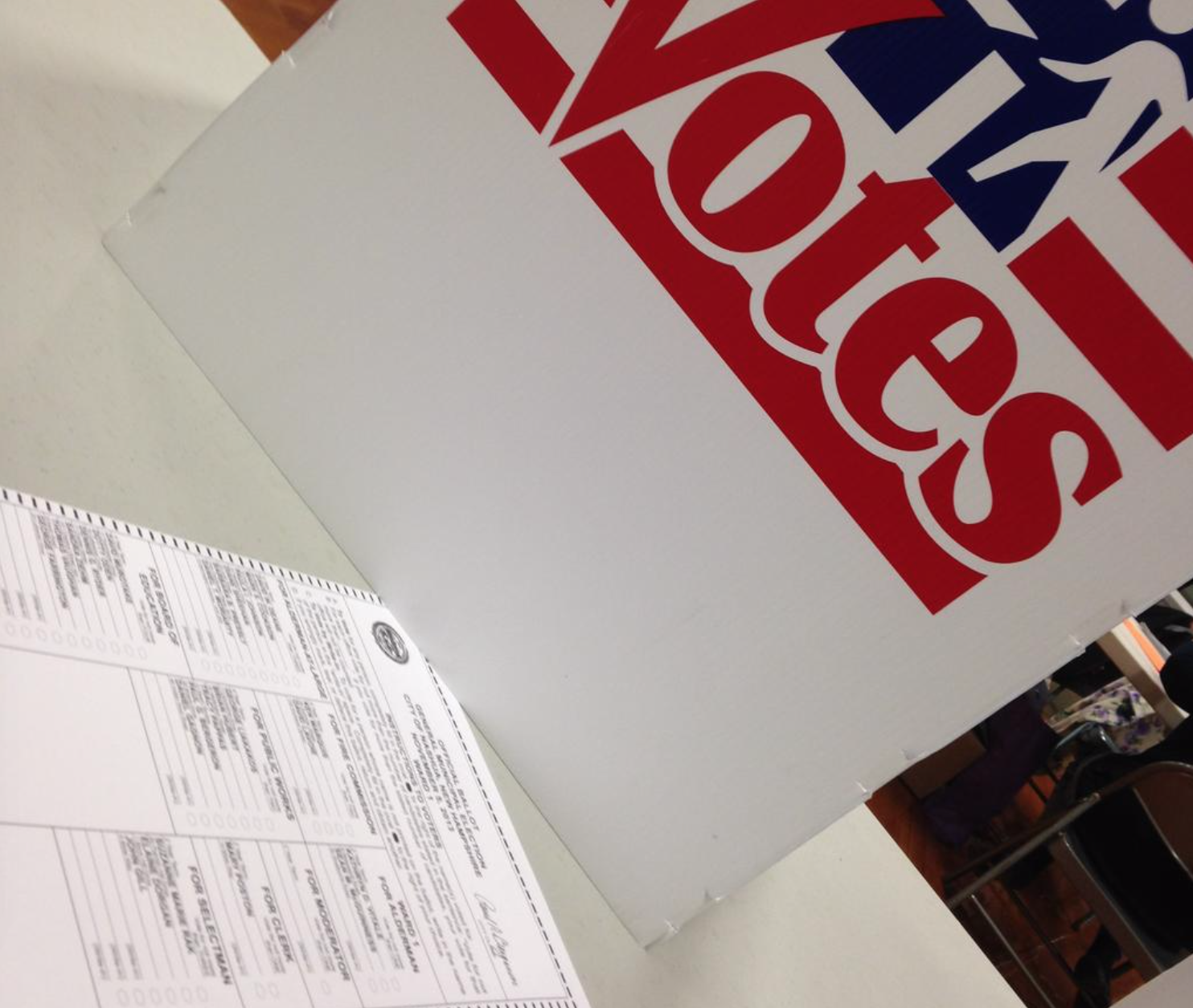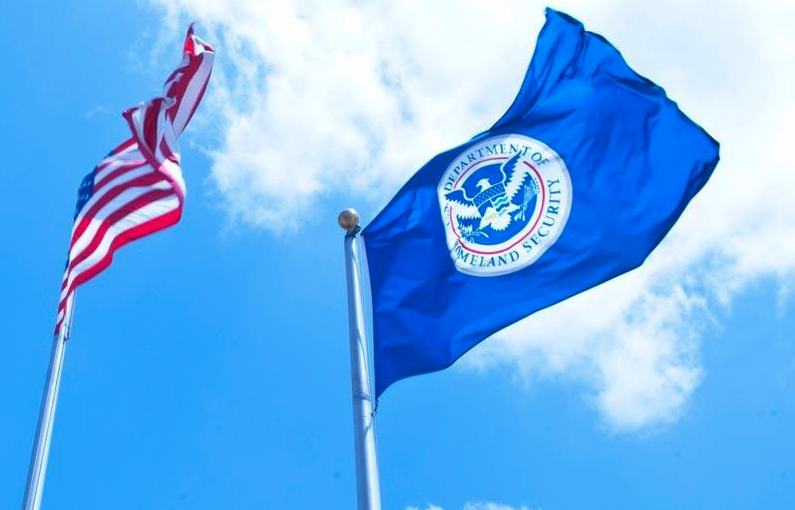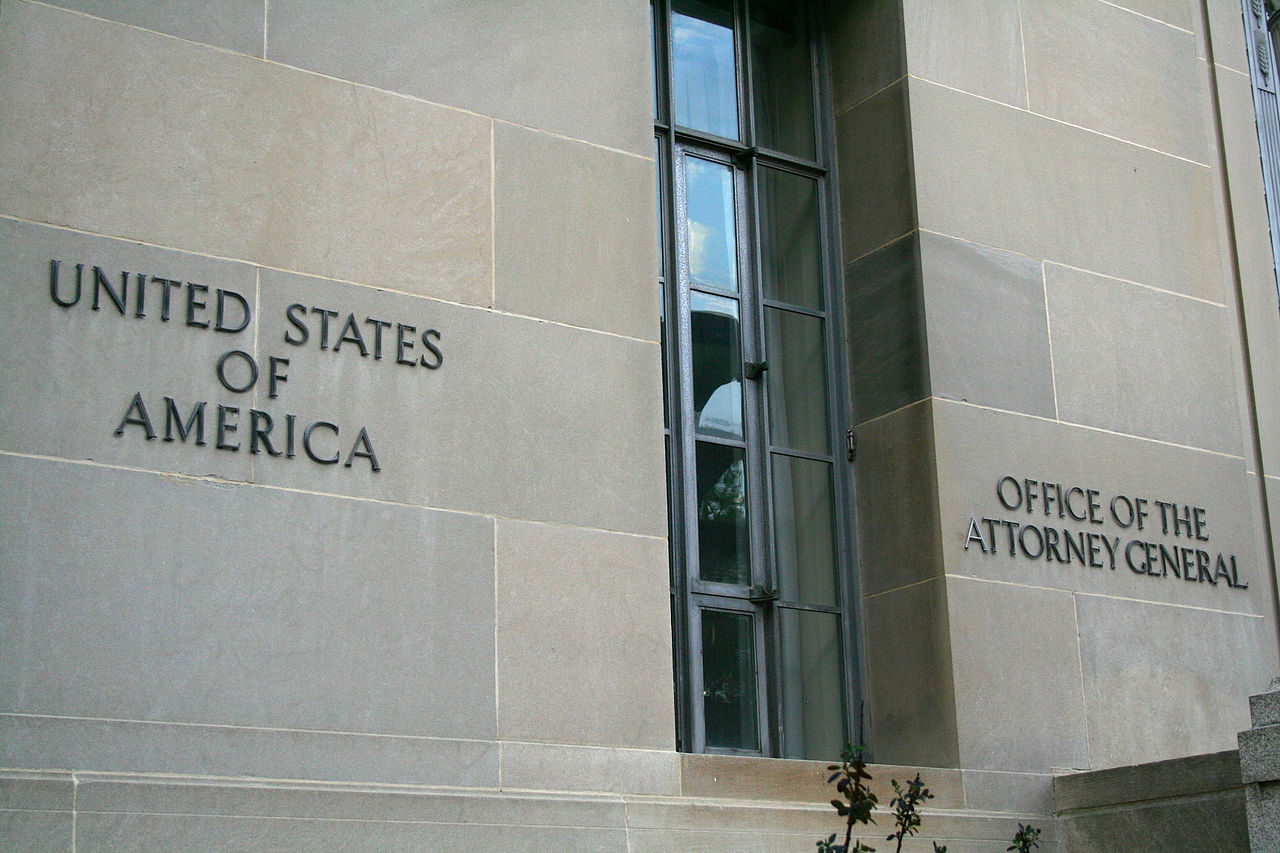How Modern Journalism Shapes Public Perception
PRAY FIRST for God to guide us to be wise in our consumption of news and media, not be clouded with biases and partial truths, and to help us to filter what we hear and read through His truth.
Teach me good judgment and knowledge, for I believe in your commandments – Psalm 119:66
Media bias refers to the perceived or actual bias of journalists and news organizations that reinforces a particular viewpoint, worldview, political ideology, or corporate interest, rather than presenting information in an objective manner. This can be seen in the selection and interpretation of news stories, and how they are presented or prioritized when reported upon. The downside of favoring certain political views, parties, or ideological stances means that important facts may be skewed, downplayed, or altogether omitted. Media bias isn’t a new phenomenon, but the quest for higher viewership and readership has shifted journalism from objective reporting to a more commentary-driven approach.
A Brief History of Media Bias
Media bias became more of a recognized issue in the 20th century, as the media industry shifted from purely information-driven reporting to commentary and analysis. The rise of television in the 1950s and 1960s increased the expectation of neutral, fact-based reporting, with investigative reporters priding themselves on journalistic integrity. The 24-hour news cycle, introduced in the 1980s with channels like CNN, began to blur the line between reporting and opinion, as constant news coverage required more content. The internet’s arrival further accelerated the blending of facts and opinions.
In recent years, the rise of “opinion journalism” has transformed the media landscape. News outlets increasingly share commentary alongside news stories, making it more difficult for consumers to differentiate between objective reporting and opinions. This trend started gaining momentum in the 1990s with the rise of political talk radio and expanded with the growth of cable news networks. Platforms like Fox News and MSNBC are examples of outlets that lean toward particular political ideologies—targeting their audiences’ preferences.
The introduction of 24-hour news channels and the growth of digital platforms has placed pressure on journalists and media companies to continually provide new content. This demand often leads to sensationalism and polarization, as these approaches attract more viewers and engagement. Algorithms on social media also contribute to media bias by creating echo chambers, where people are more likely to engage with content that aligns with their existing views, reinforcing bias.
Public Trust
In the past decade, public trust in mainstream news outlets has steadily declined. According to a Gallup poll, only about 36 percent of Americans say they trust the mass media “a great deal” or “a fair amount.” This decrease in trust can be attributed to several factors, including the rise of partisan news sources, the proliferation of misinformation, and the public’s perception that mainstream outlets no longer provide objective reporting.
In today’s polarized political climate, many Americans are more likely to trust news that aligns with their personal beliefs with research showing that people gravitate toward media outlets that confirm their views, which further diminishes trust in neutral or opposing sources. This phenomenon, called “selective exposure,” has a profound impact on how individuals consume and interpret news. This bias-confirmation tendency has contributed to an increasingly fragmented media landscape.
Polling reveals that a significant number of Americans believe that bias exists in media reporting. A Pew Research Center study found that about 75 percent of adults in the U.S. think that news organizations tend to favor one side when covering political or social issues. This sentiment is shared across party lines, though the perception of bias is often directed toward news outlets associated with opposing political ideologies.
Political Gain
Concrete evidence of media bias can be found in various studies and instances where certain news organizations have been shown to favor a particular viewpoint. For example, during the 2020 U.S. presidential election, some outlets were criticized for skewing coverage in favor of certain candidates or ideologies. Selective reporting on issues like immigration, healthcare, and gun control further demonstrates how stories can be framed to reflect specific narratives.
Many news organizations deny the presence of bias, often defending their work as objective and based on factual reporting. However, some acknowledge that opinion and analysis play a larger role in modern journalism than in past eras. Fact-checking organizations have emerged to address these concerns by verifying the accuracy of statements made in news stories. While these organizations are valuable, they are not immune to criticism, as some accuse them of harboring their own biases.
The Role of Opinion Journalism
Opinion journalism, which blurs the lines between facts and personal perspectives, has become a dominant force in media. This shift toward commentary-driven news has challenged traditional fact-based reporting, sometimes leading to confusion among consumers about what constitutes unbiased information.
Social media platforms like Facebook, Twitter, and YouTube have drastically changed how news is consumed. While these platforms provide access to diverse perspectives, they also amplify media bias by allowing users to curate their news sources, often reinforcing existing views. Algorithms further intensify this problem by creating echo chambers, in which individuals are exposed primarily to content that aligns with their opinions.
The rise of citizen journalism—where individuals without formal training report on events—has also impacted public perception of bias. While citizen journalism can provide alternative perspectives, it often lacks the editorial standards and fact-checking of traditional journalism, leading to a mixed reception regarding its credibility.
Polarization
Media bias contributes significantly to political polarization in the U.S. By framing news stories through partisan lenses, news outlets often reinforce divisions rather than fostering understanding. Research indicates that both liberal-leaning and conservative-leaning news sources are perceived as biased, though the level of bias may vary depending on the outlet.
News organizations have a responsibility to provide balanced perspectives, but achieving this has become increasingly difficult in today’s polarized environment. Some outlets make efforts to present diverse viewpoints, but many critics argue that news coverage often prioritizes conflict and sensationalism over objectivity, fairness, and truth.
A Way Forward
To regain public trust, news organizations must work toward greater transparency in their reporting, separating opinion from fact and acknowledging any biases. Offering more balanced coverage and nurturing open dialogue between different viewpoints may also help repair the public’s relationship with the media.
New forms of media, such as podcasts and independent news websites, are shaping the future of journalism. These platforms often offer more personalized and niche perspectives, and often draw a following when they are deemed free from political or corporate influence. As trust in mainstream media erodes, these platforms are becoming increasingly influential in shaping public opinion.
Pray the Vote 2024 – Candidate and Party Positions
As the election nears, the presidential candidates have expressed their views on how to address the concerns in the United States regarding protecting media bias and freedom of the press. Here are their platforms.
SPECIAL NOTE: The full platform for each party can be found on their respective websites. The following excerpts are unedited. Reader discretion is encouraged as these are political statements and have not been checked for accuracy. The Presidential Prayer Team is non-partisan and does not support or endorse any of the following statements.
2024 Democratic Party Platform:
FREEDOM OF THE PRESS
Freedom of the press is foundational to our nation … Democrats reject Trump’s denigration of the free press and recognize its importance to our society. We will strengthen media ownership rules and direct federal antitrust agencies to investigate media mergers, pushing back on the potentially harmful effects of corporate consolidation. And we will appoint an independent media professional to head the U.S. Agency for Global Media.
2024 GOP Platform:
Republicans Will Dismantle Censorship & Protect Free Speech
We will ban the Federal Government from colluding with anyone to censor Lawful Speech, defund institutions engaged in censorship, and hold accountable all bureaucrats involved with illegal censoring. We will protect Free Speech online.
Why It Matters and How We Can Respond
Media bias and the reliability of news should concern us because it impacts how we understand truth and discern what is right and just. The Bible calls us to seek wisdom and truth, and in an age where information can be distorted, we must be intentional about pursuing facts and engaging critically with the media. By staying informed, we can ensure that our actions reflect Jesus’ teachings on justice, compassion, and truth. In Proverbs 4:7 (ESV), it says, “The beginning of wisdom is this: Get wisdom, and whatever you get, get insight.” We should pray for discernment, be peacemakers in discussions, and hold onto truth.
HOW THEN SHOULD WE PRAY:
— Pray for those who work in the field of journalism to be committed to truth and integrity in their work. Whoever walks in integrity walks securely, but he who makes his ways crooked will be found out. Proverbs 10:9
— Pray for all Americans to approach news and media with discernment, seeking truth and rejecting what is false or misleading, and for our hearts and minds to be guarded from bias. Let the wise hear and increase in learning, and the one who understands obtain guidance. Proverbs 1:5
CONSIDER THESE ITEMS FOR PRAYER:
- Pray for patience and discernment when engaging in conversations about media bias and truth.
- Pray for accountability in the media industry and that news organizations, journalists, and digital platforms operate with fairness and transparency.
- Pray for clarity as we navigate the overwhelming amount of information and noise in today’s media environment and that God would also help us distinguish between fact and opinion, truth and distortion.
Sources: Pew Research Center, Gallup, FactCheck.org, PolitiFact, Democrats.org, RNCPlatform.DonaldJTrump.com









